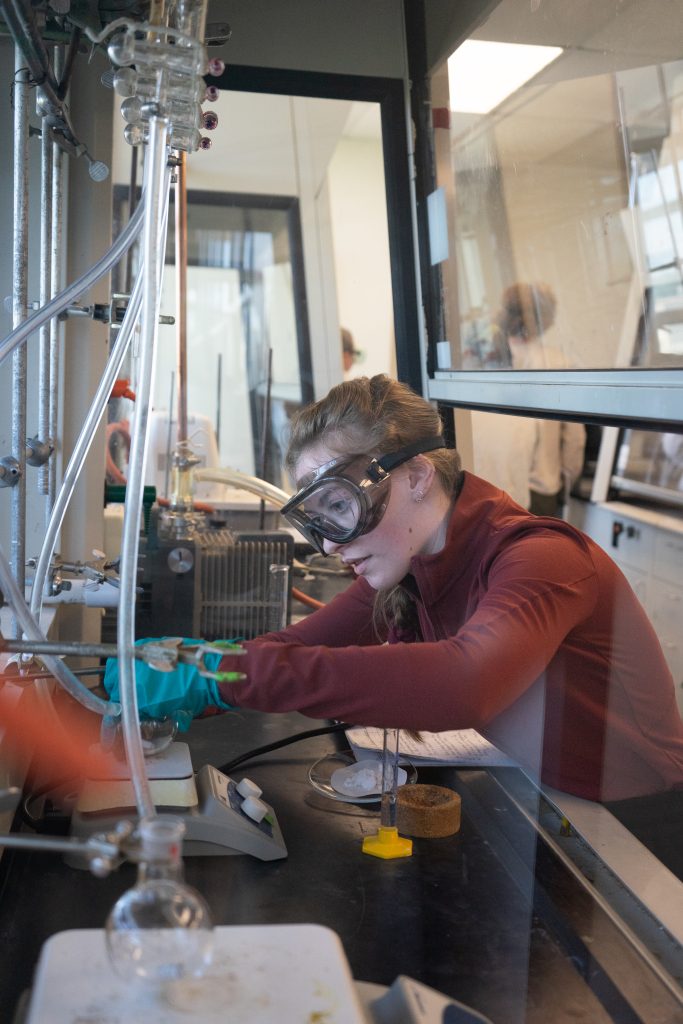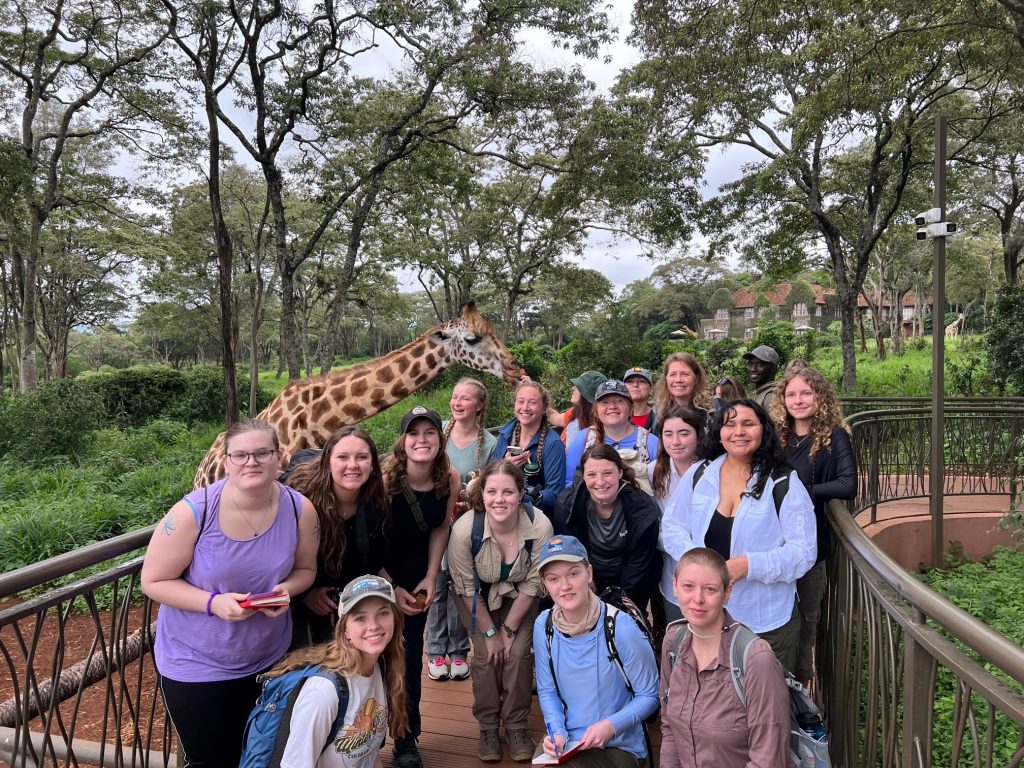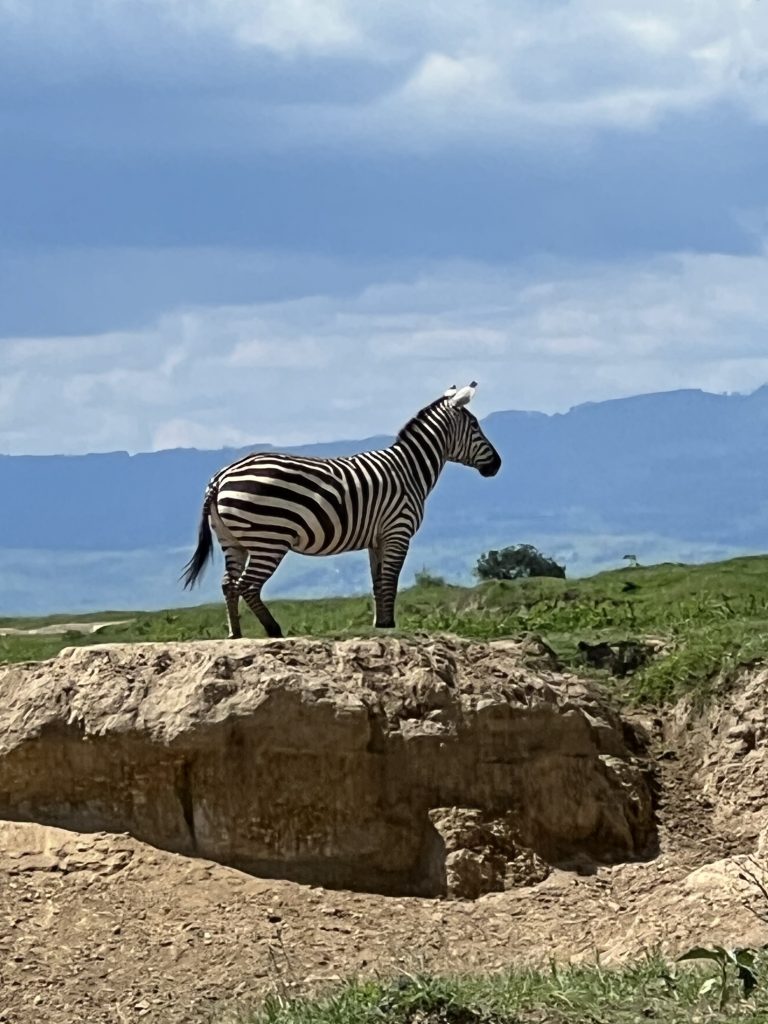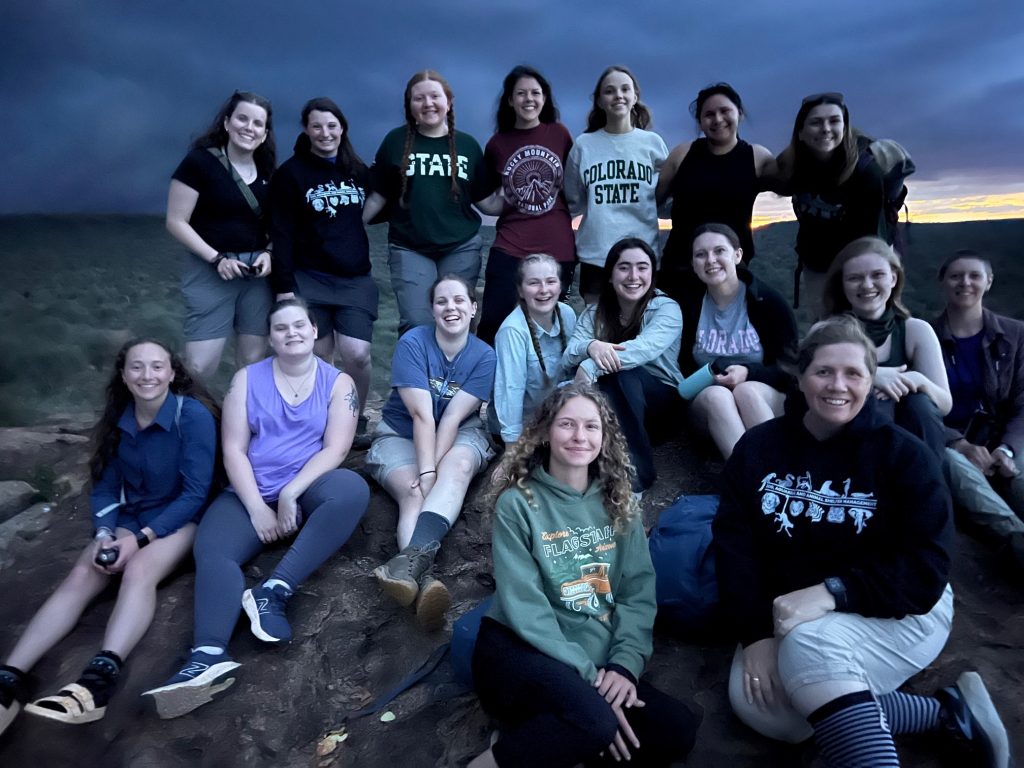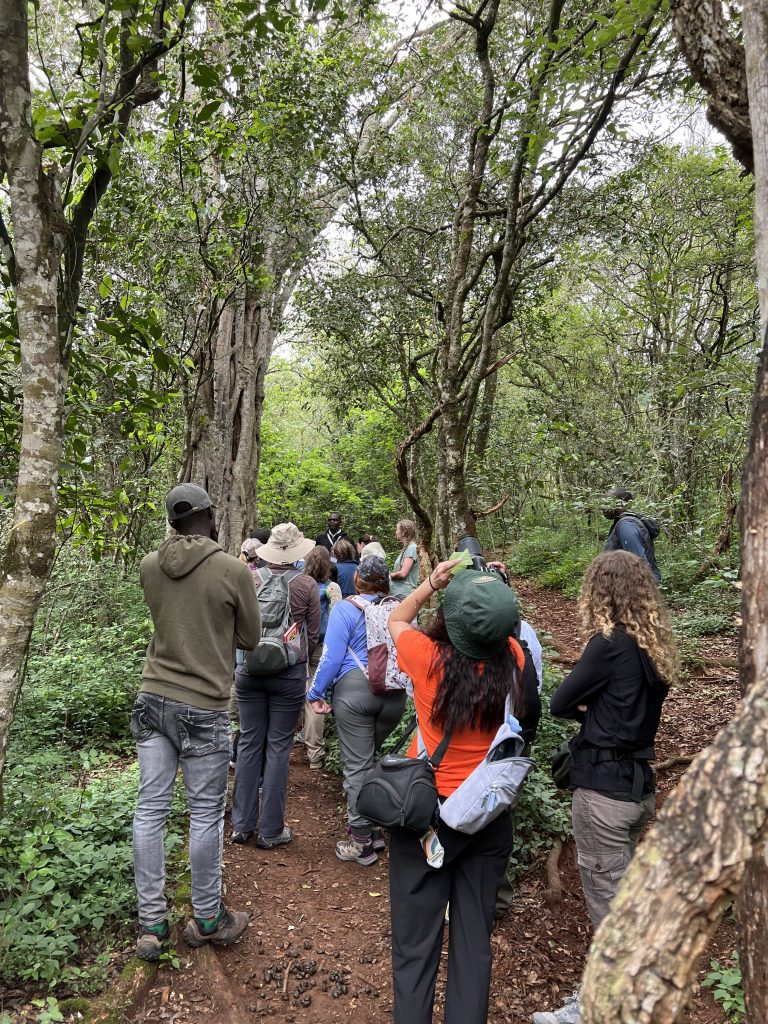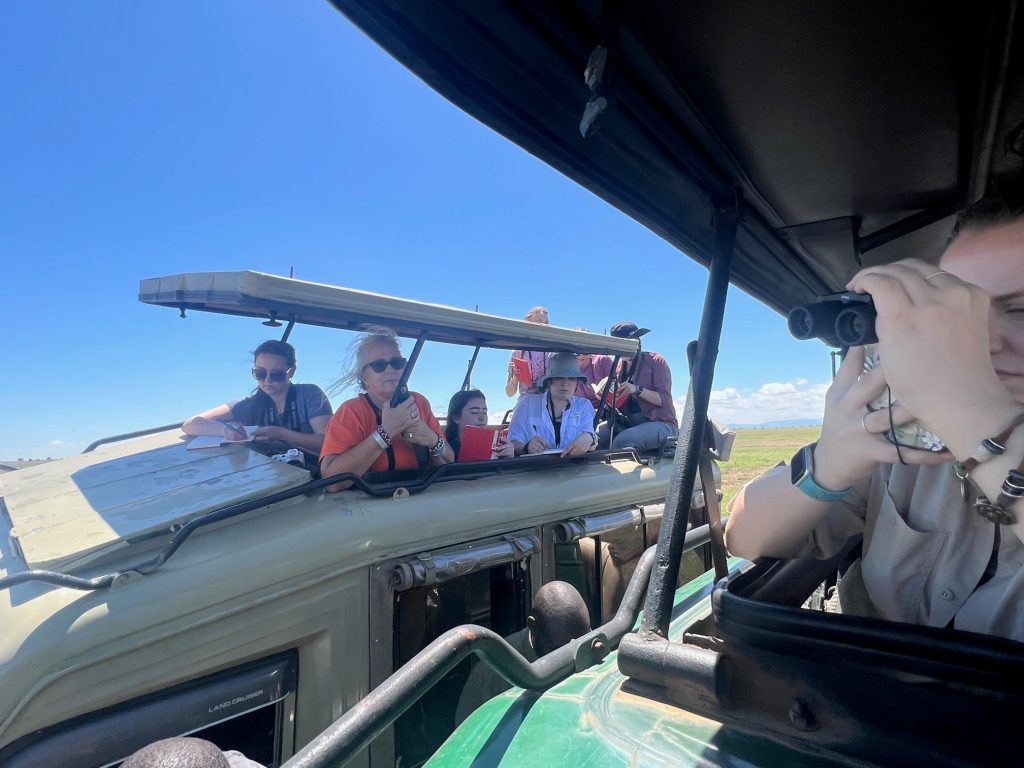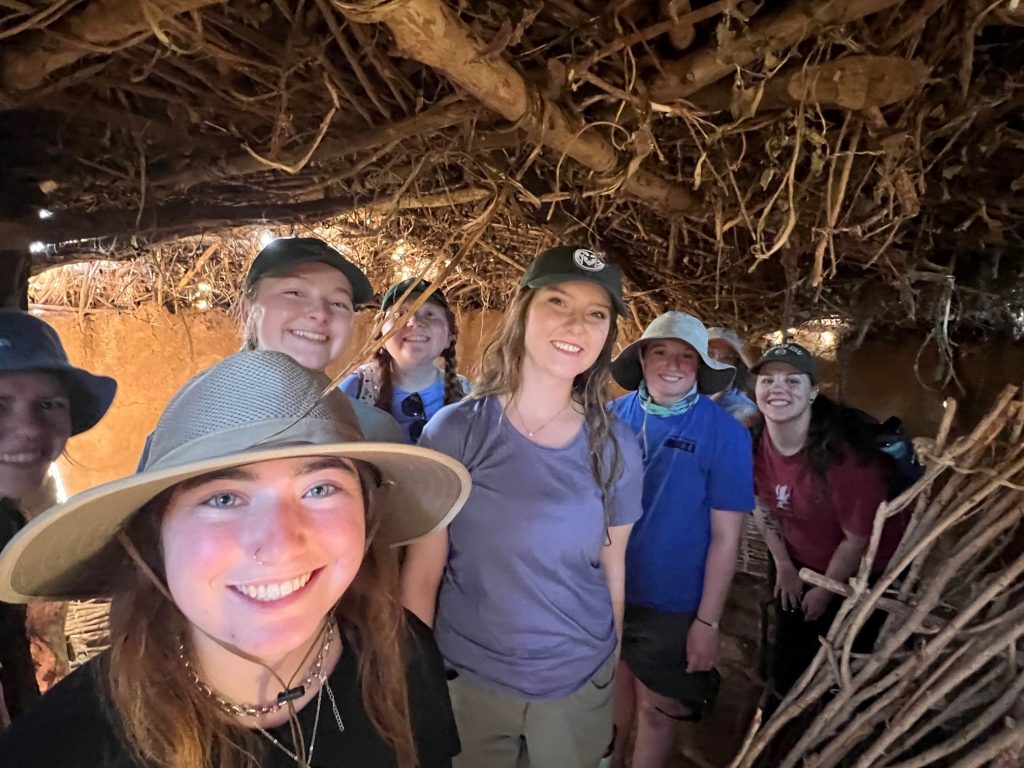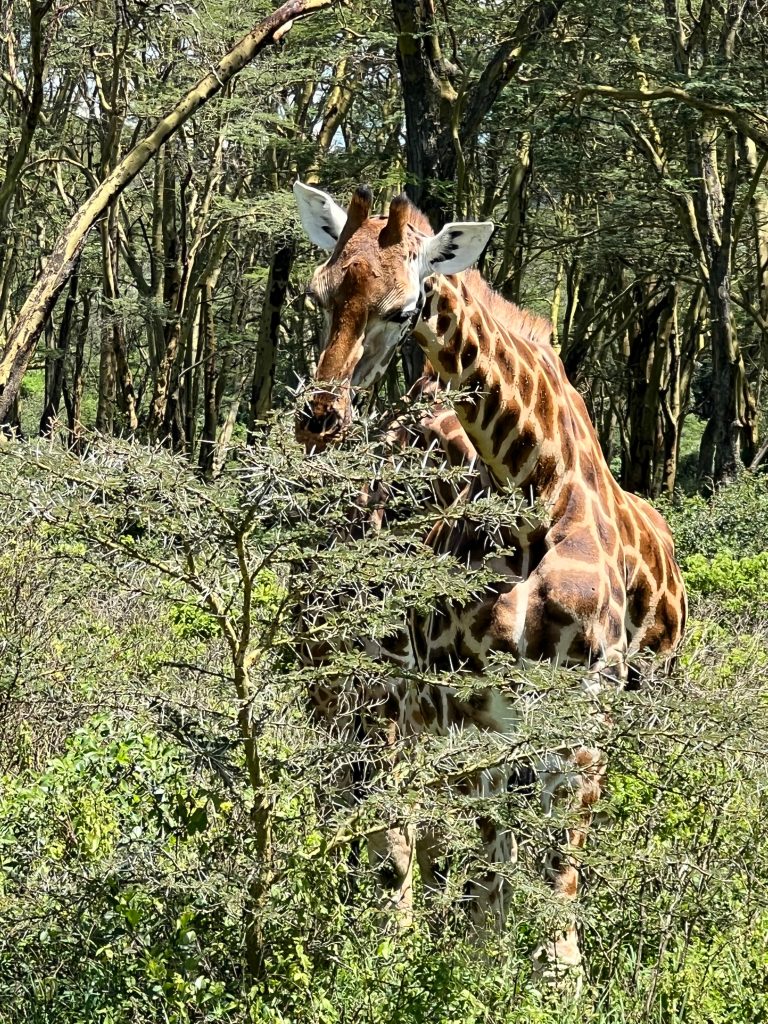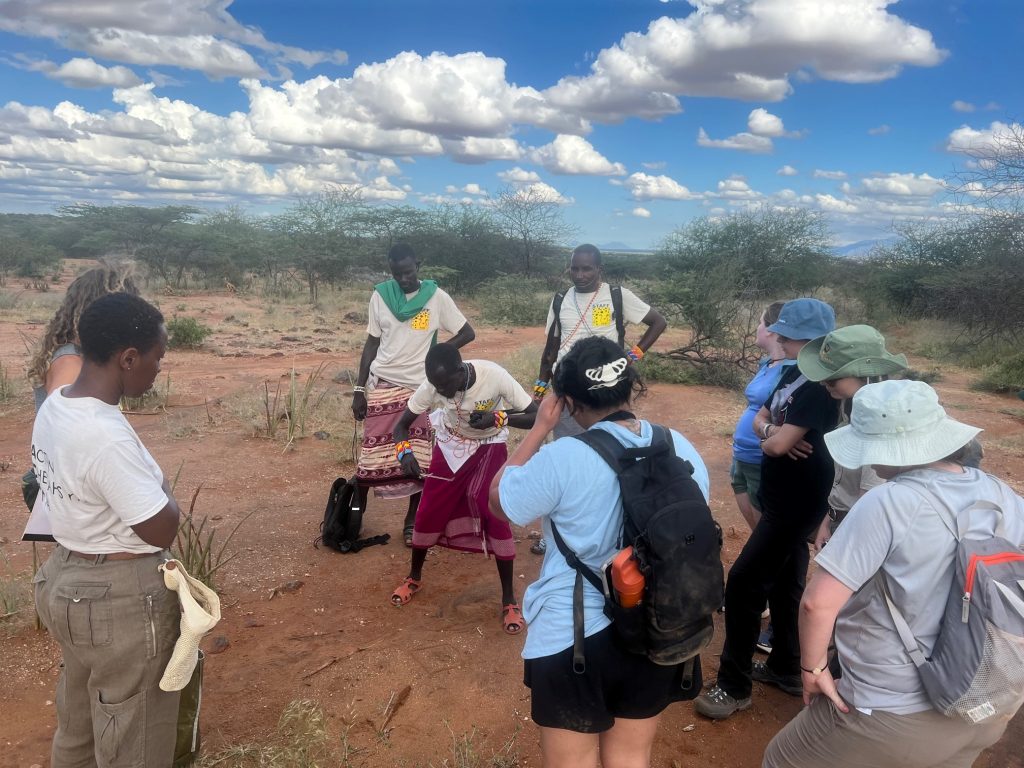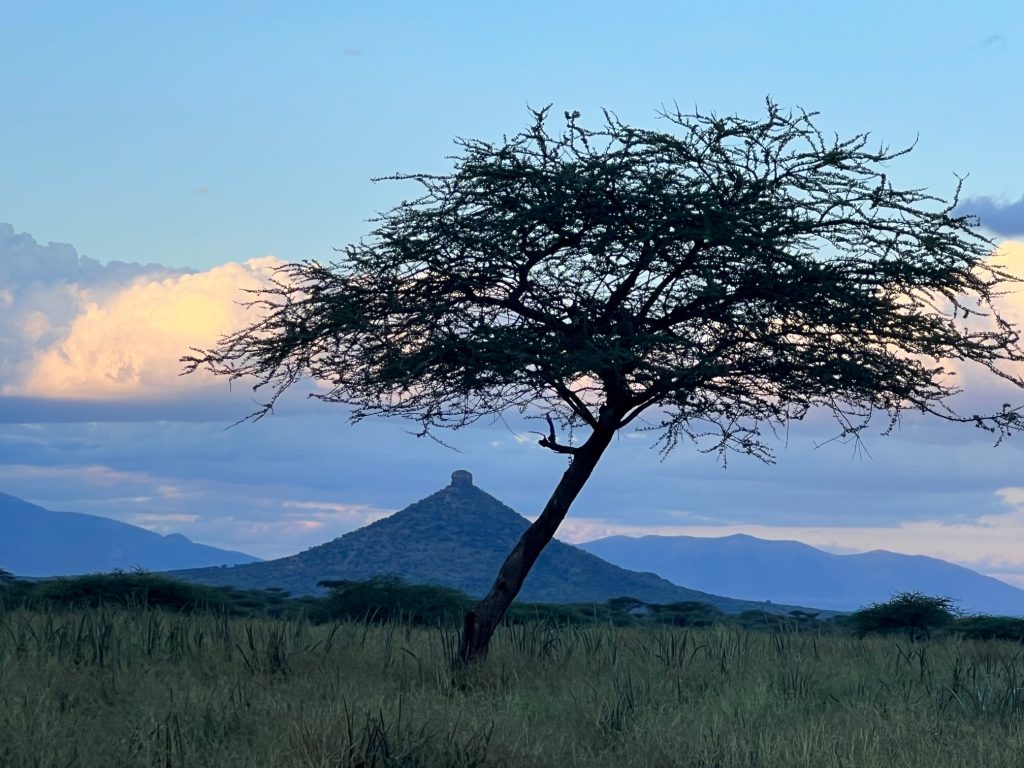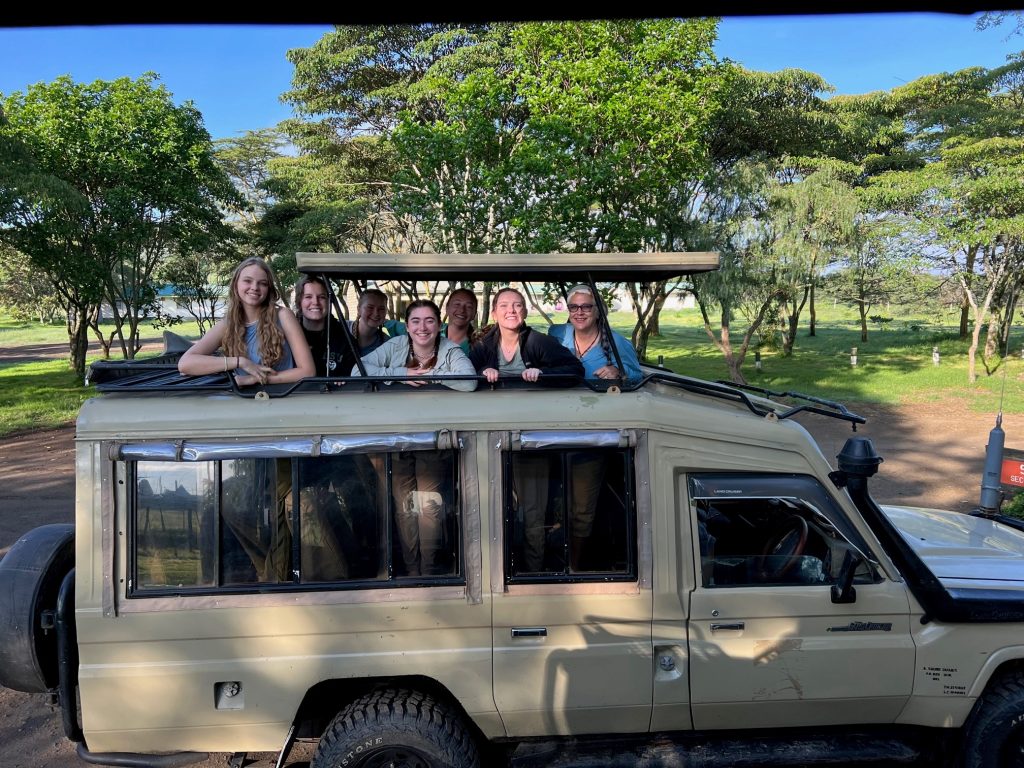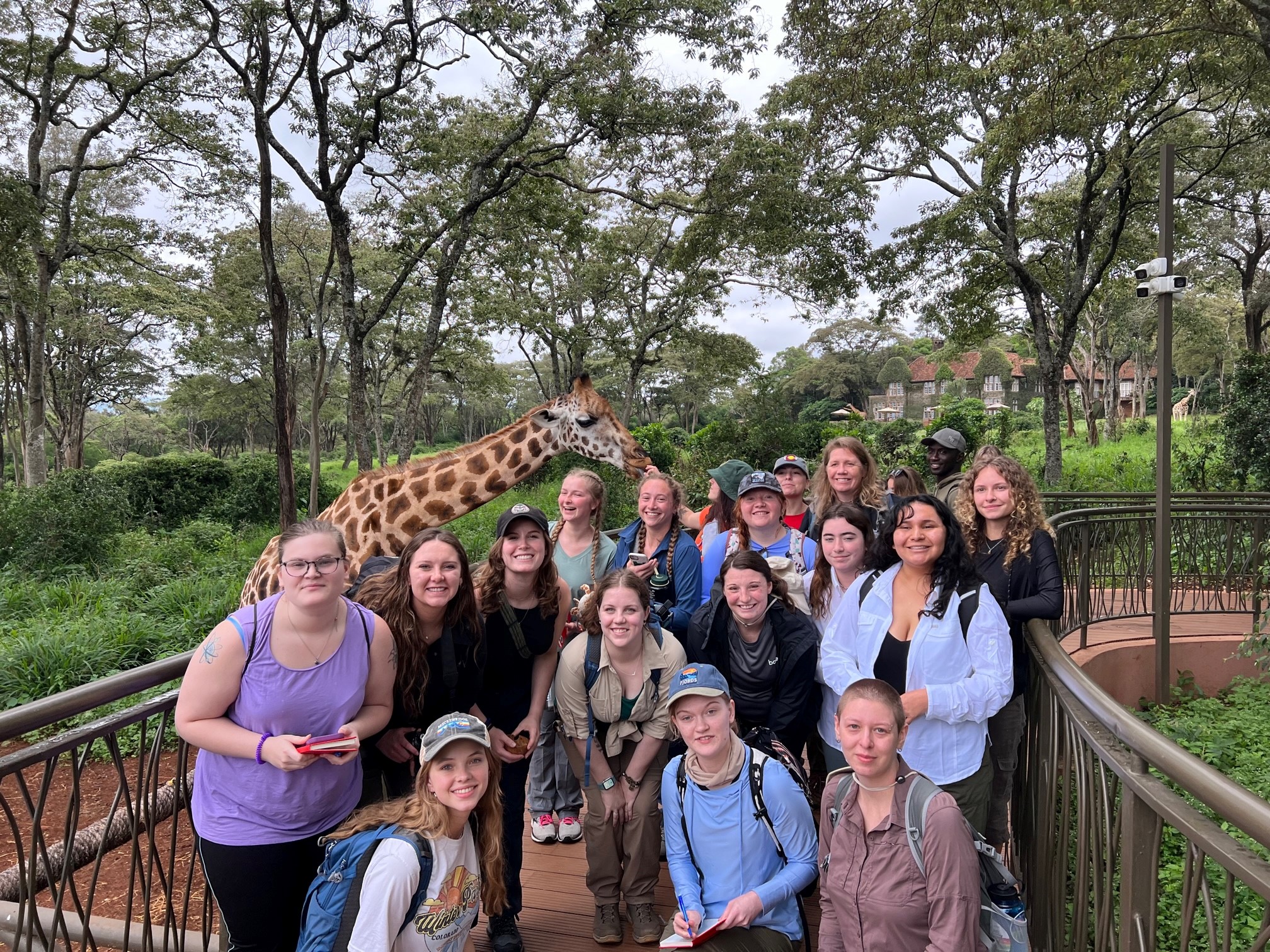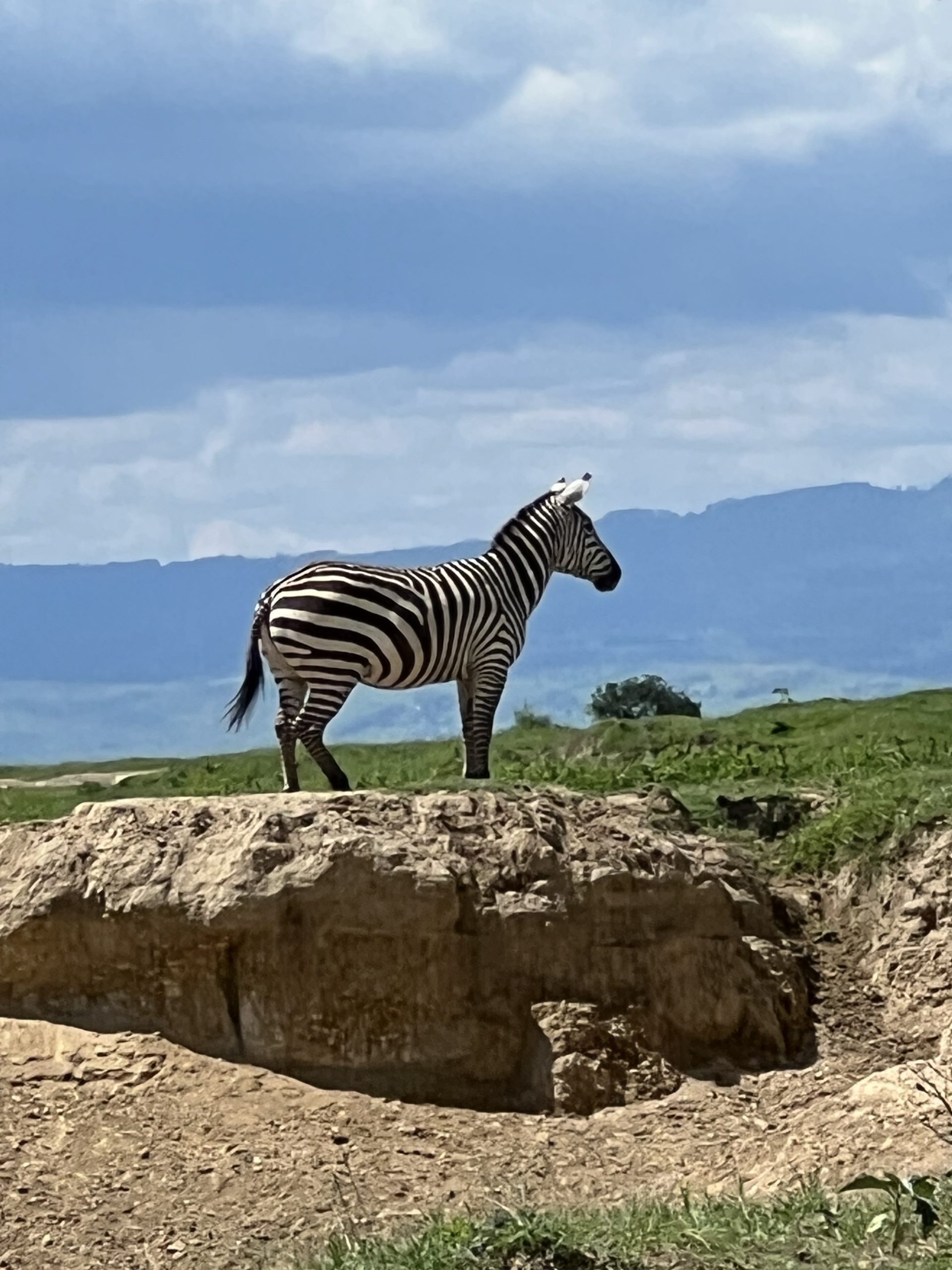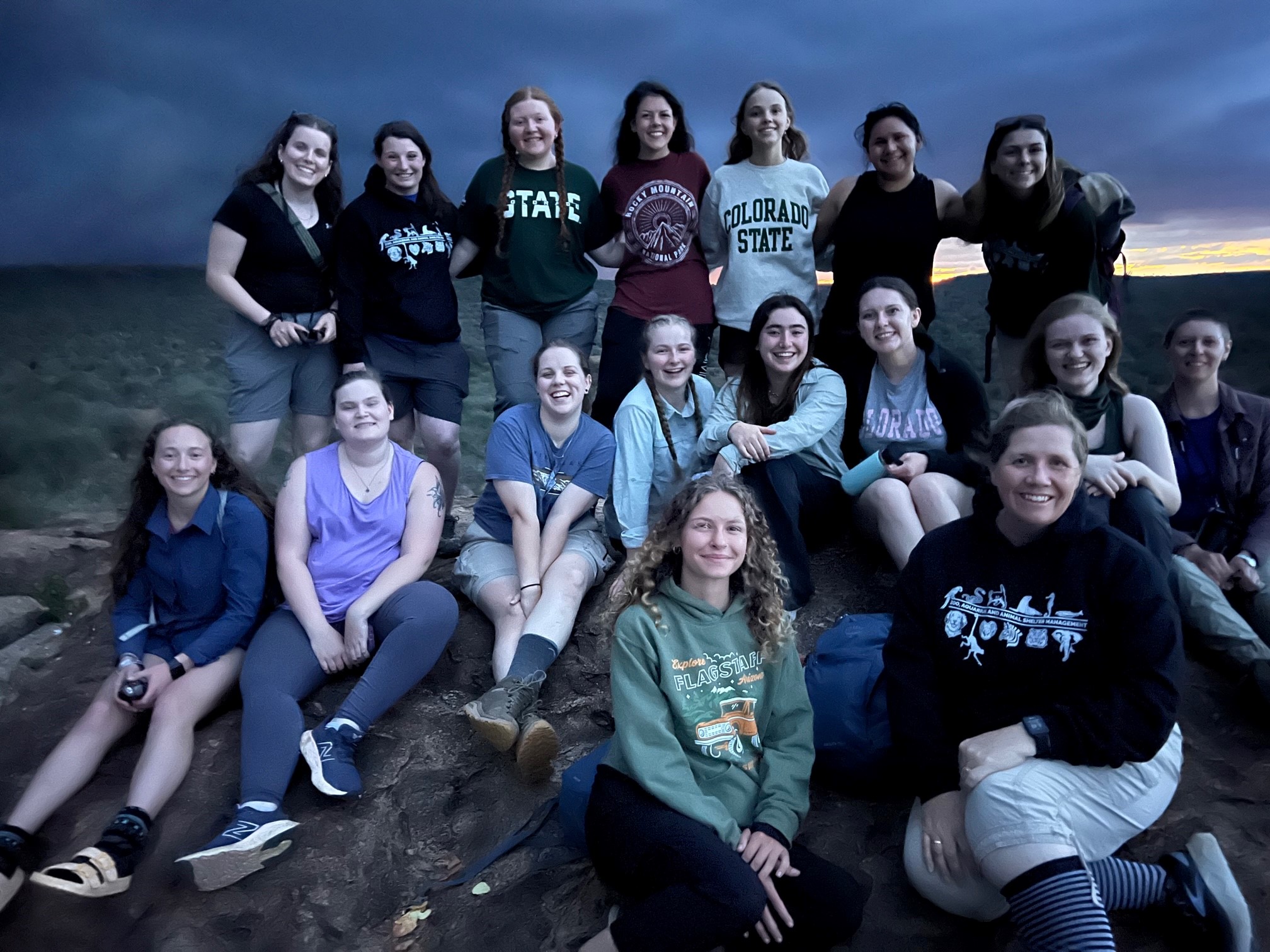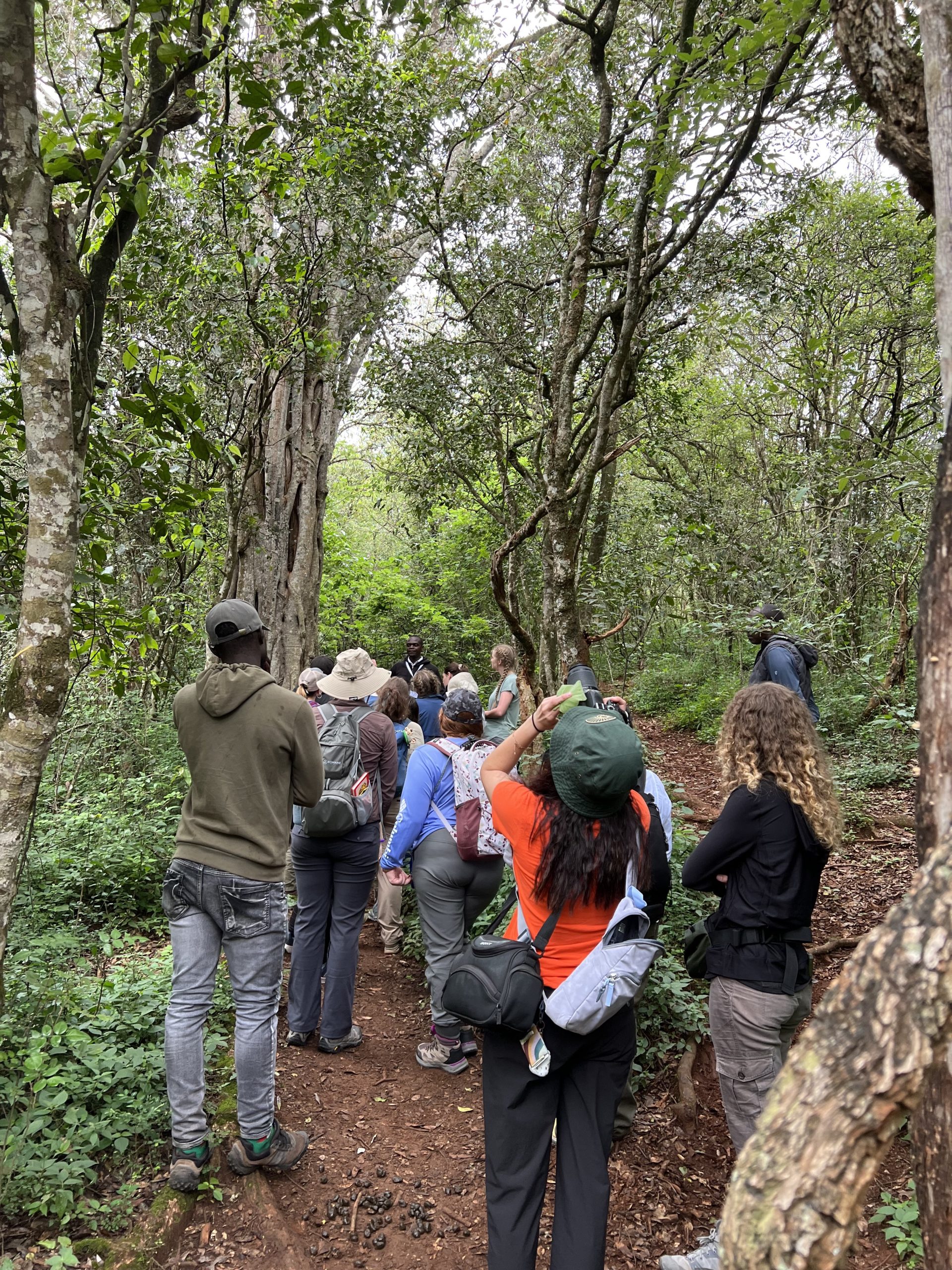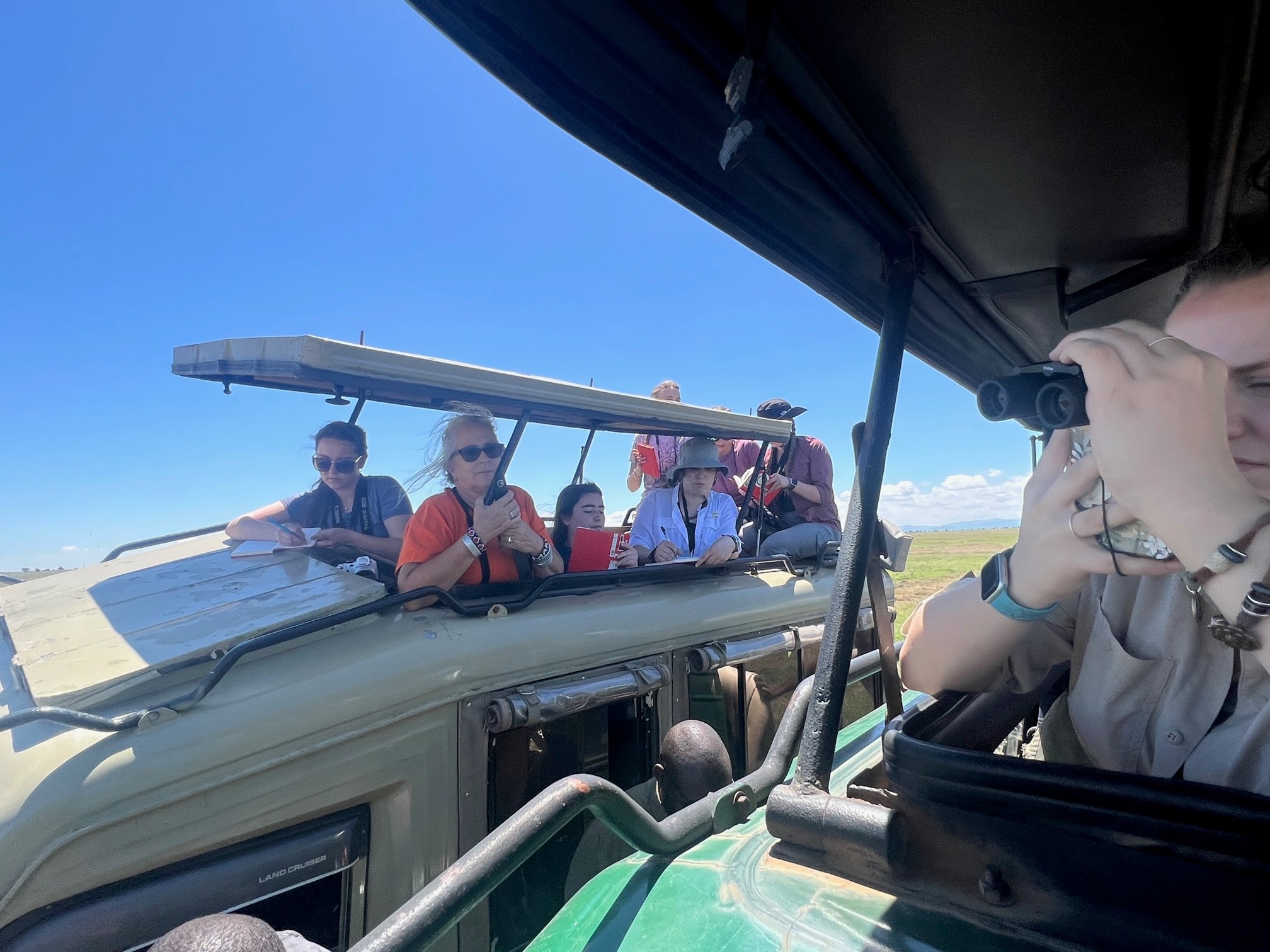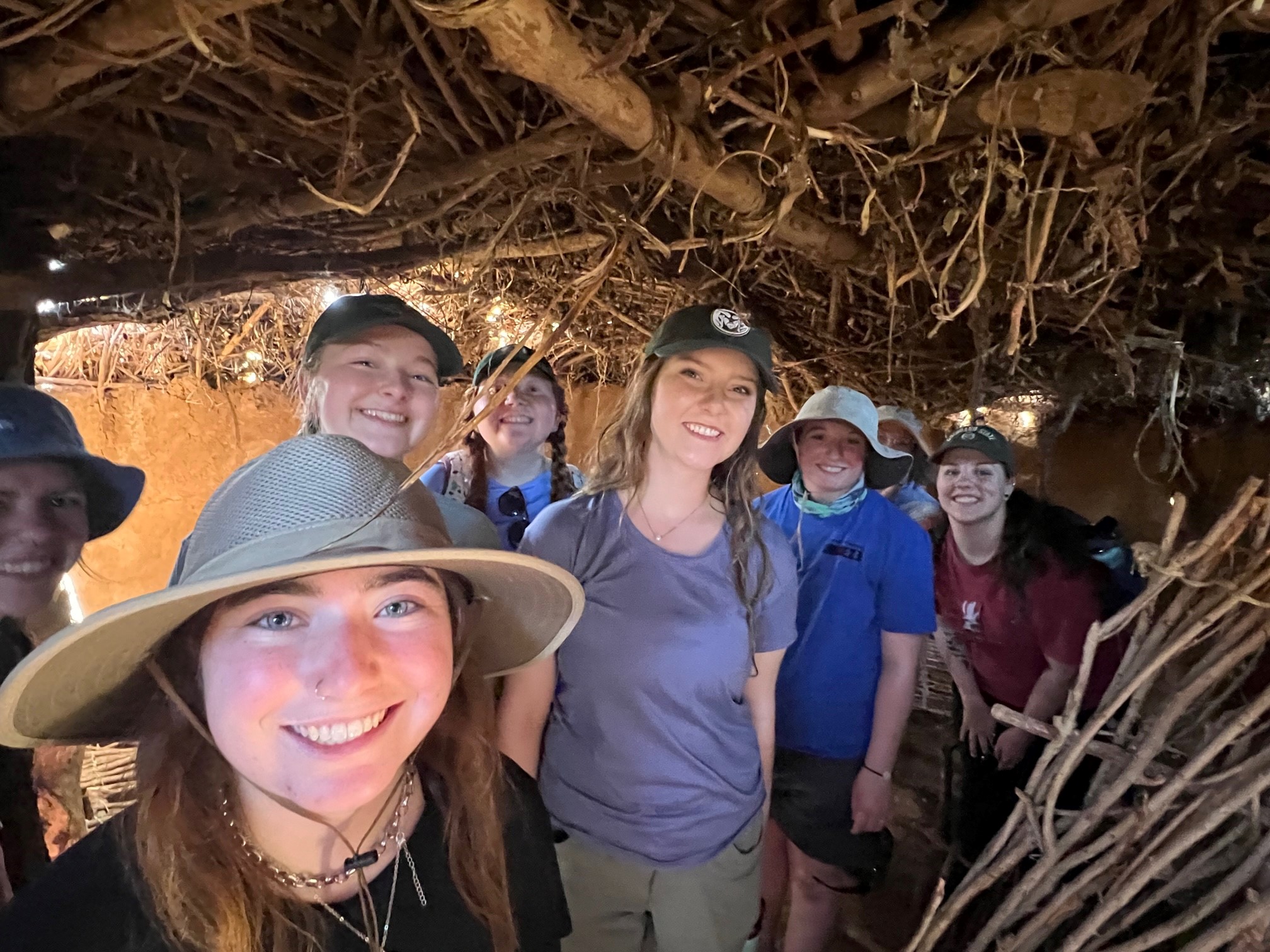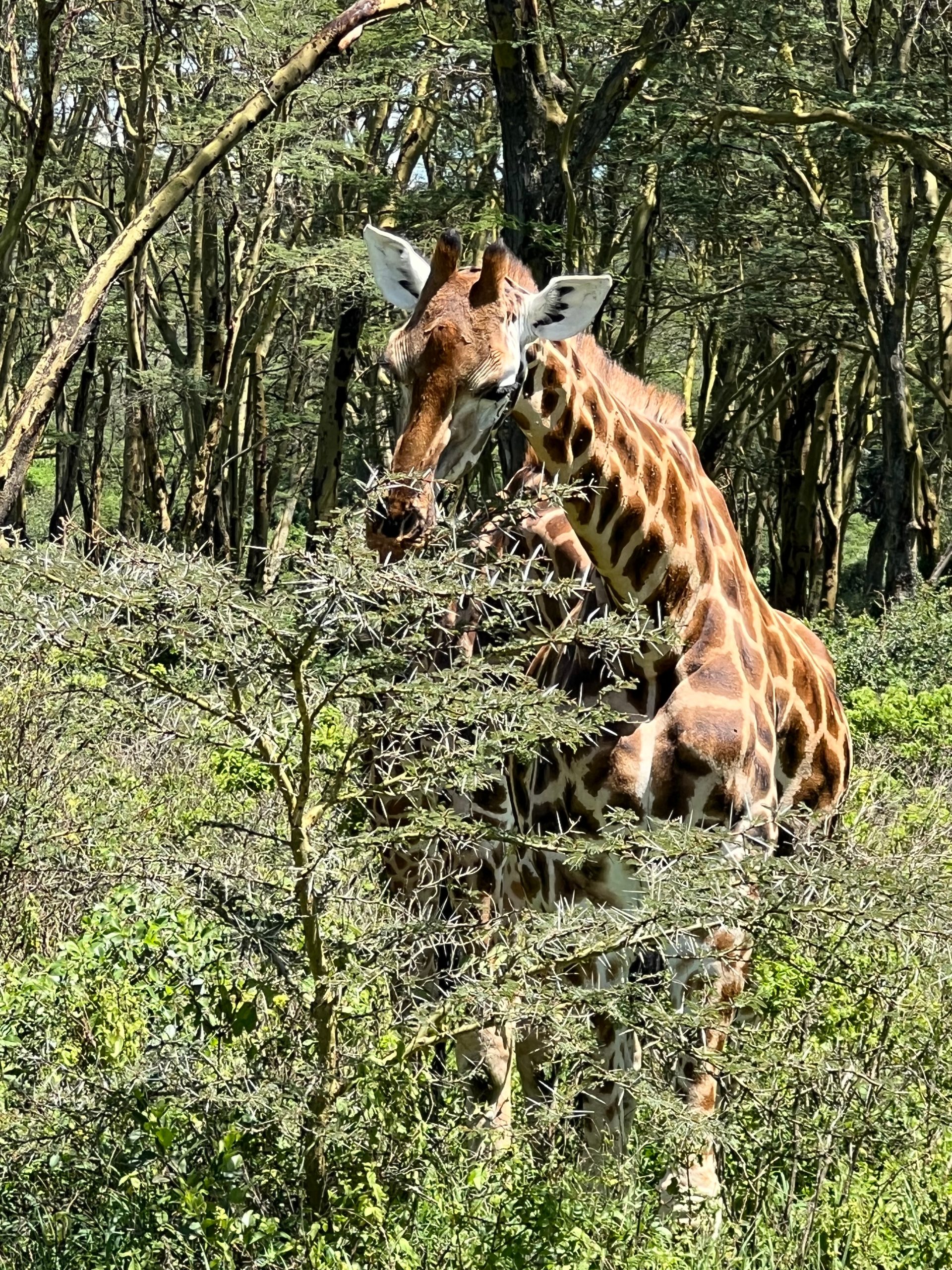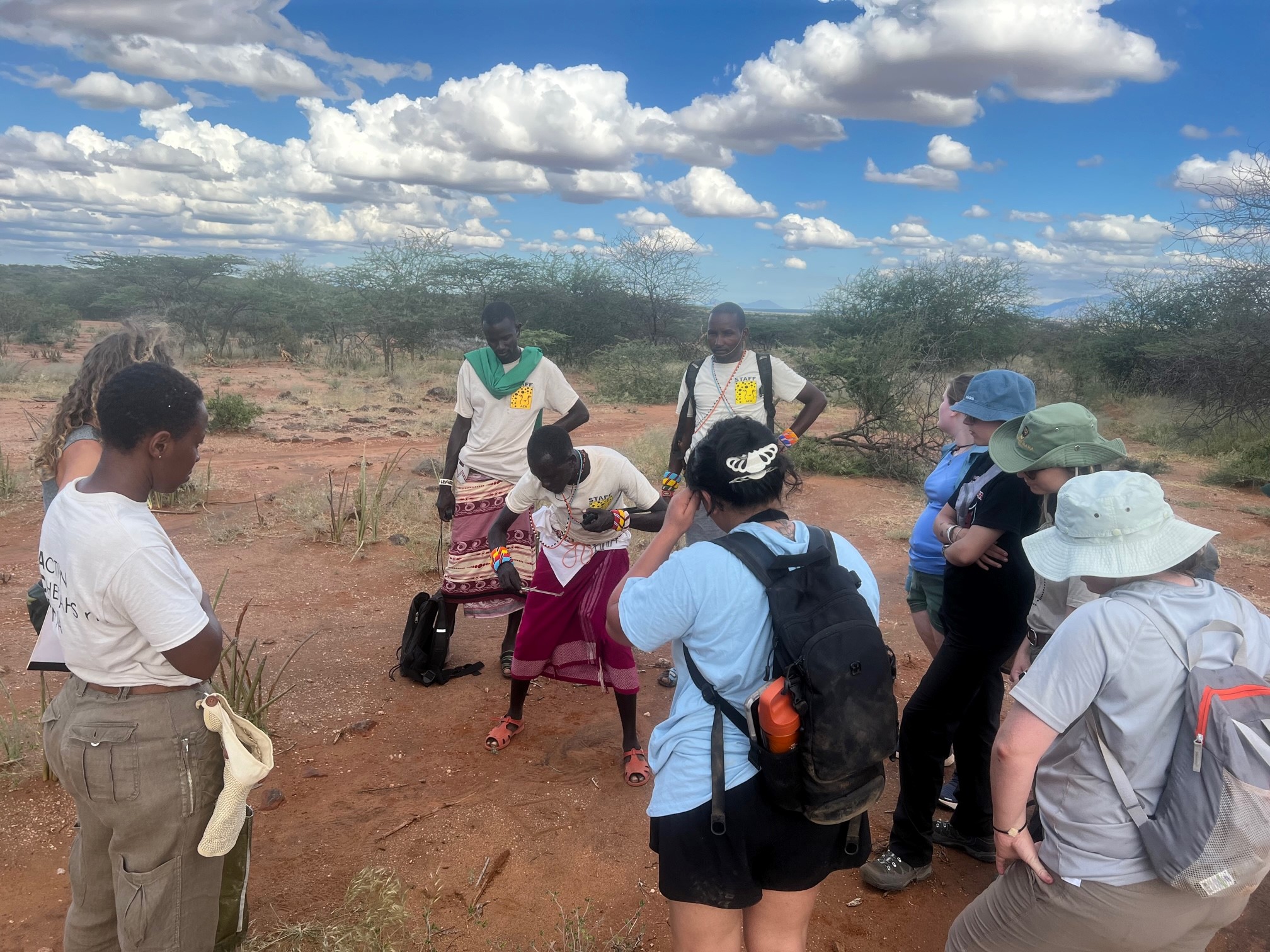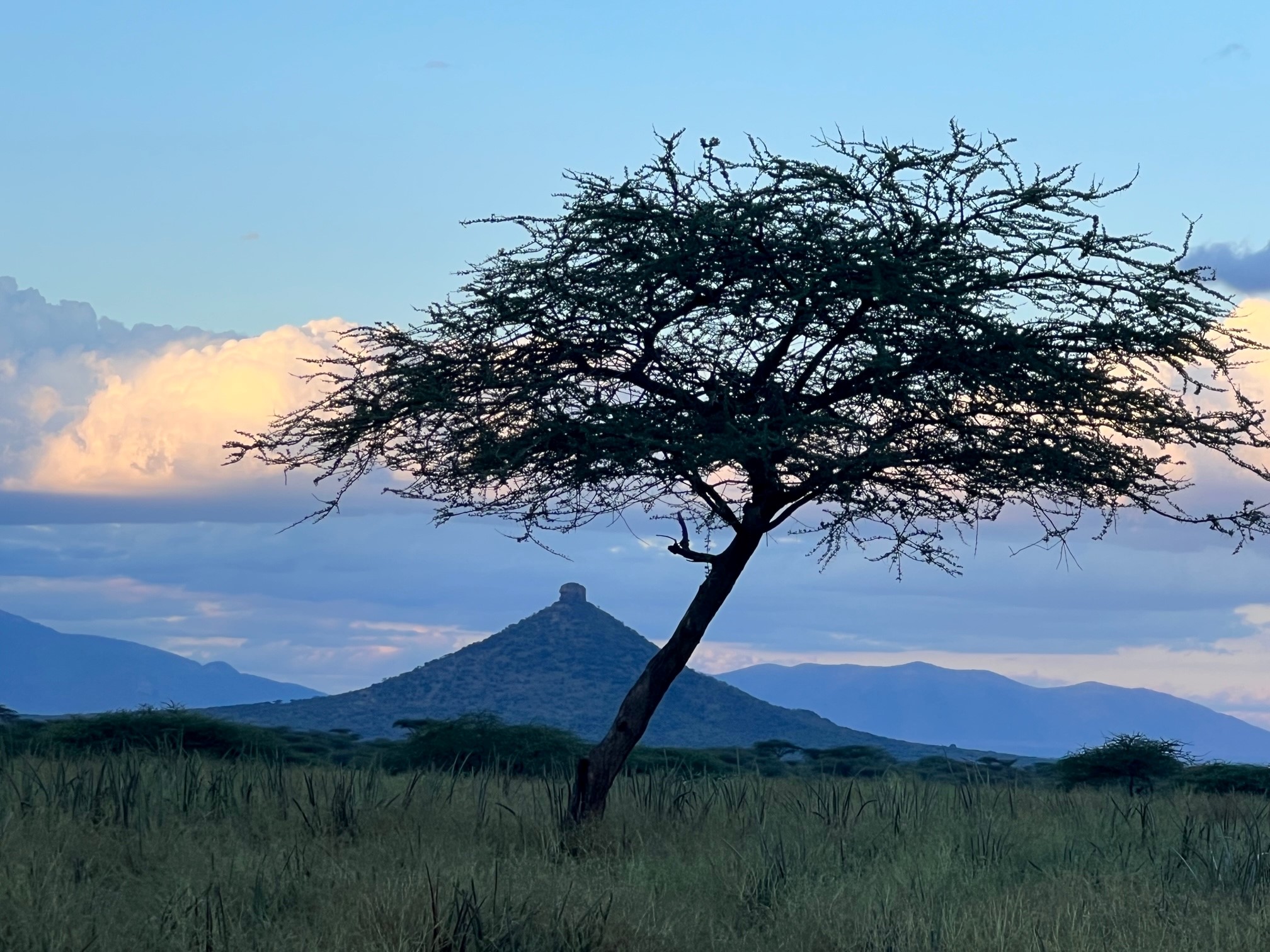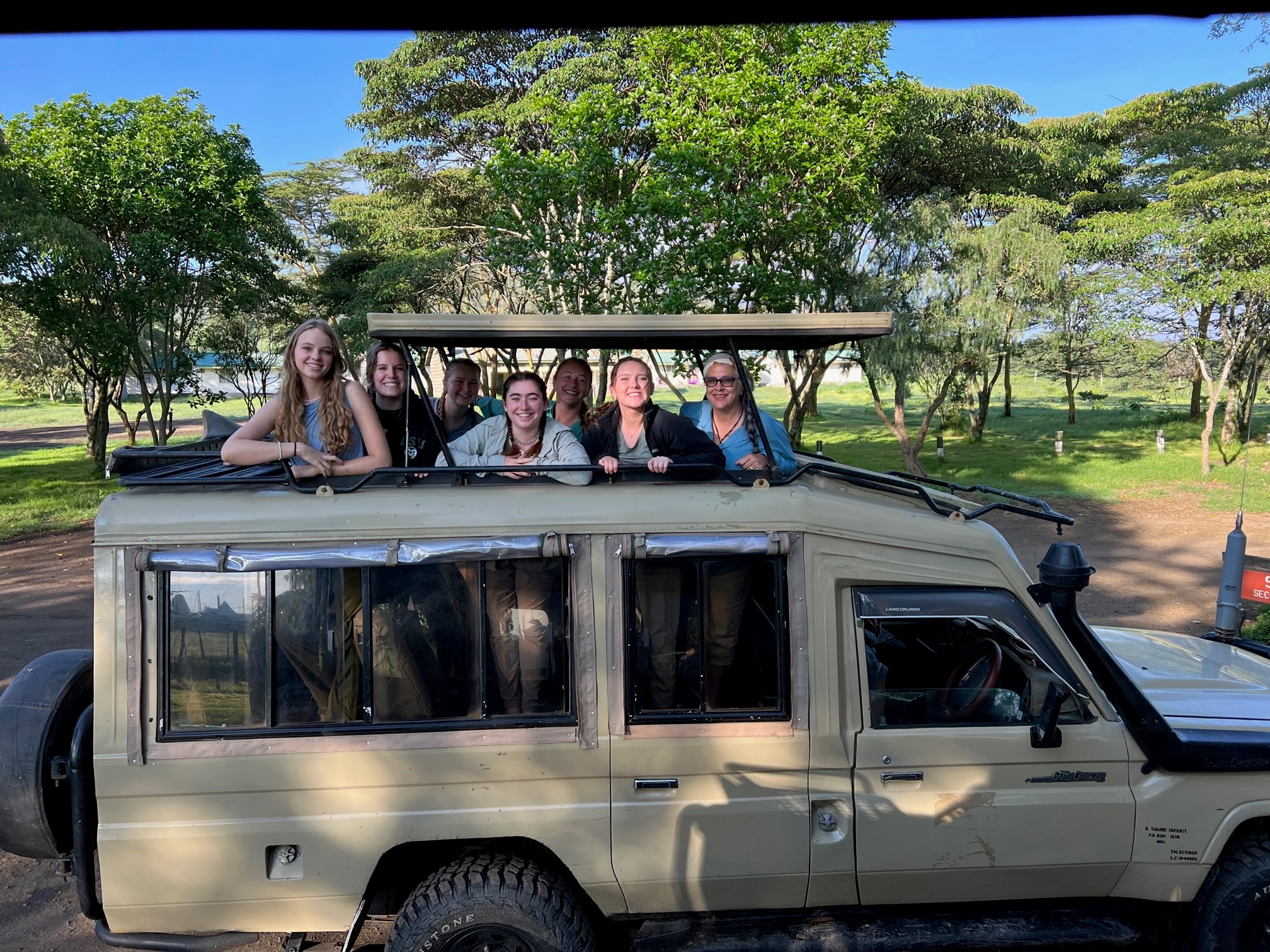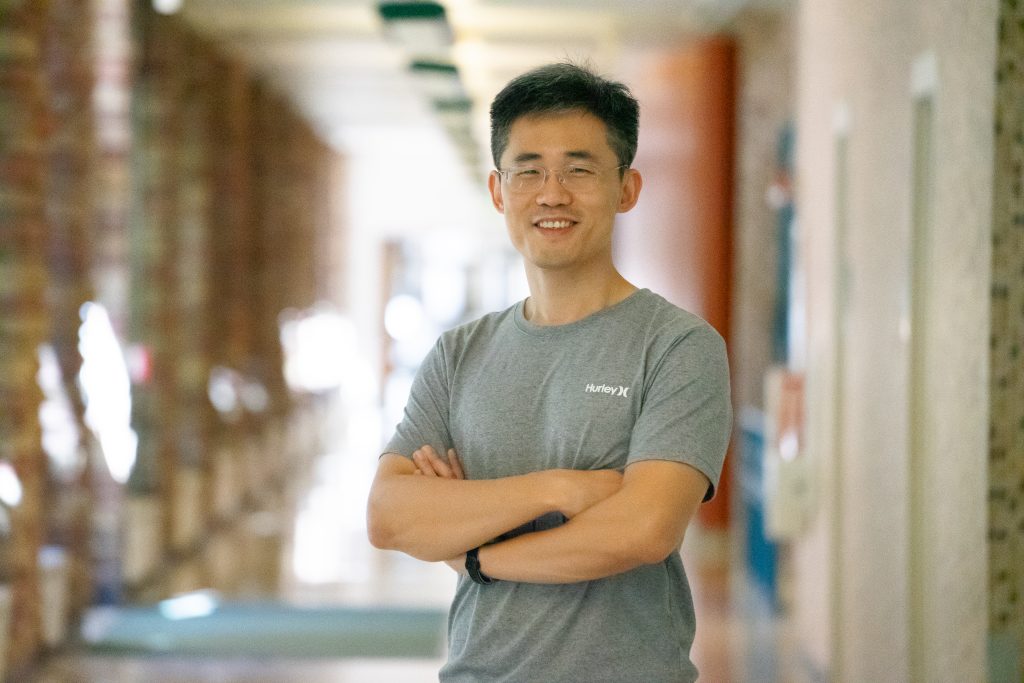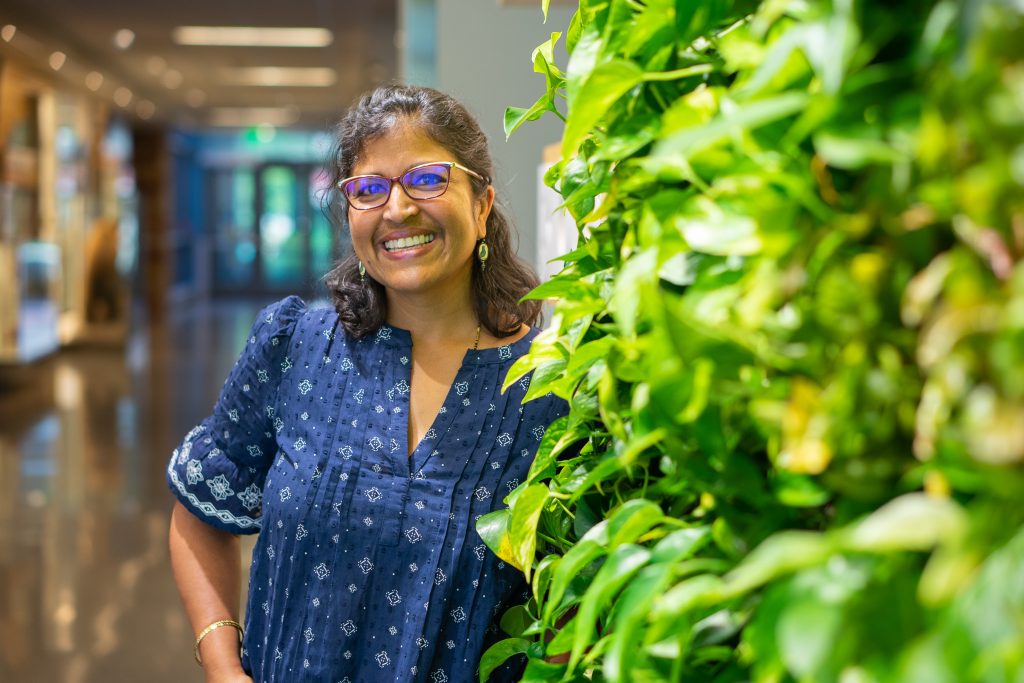Pursuing new educational frontiers
The College of Natural Sciences is continually evolving our curricular and co-curricular activities to realize our mission of educating the next generation of scientists.
This year, the college announced a new undergraduate summer research program in statistics, a new study abroad course in biology, and four new concentrations in chemistry.
Undergraduate research program in statistics
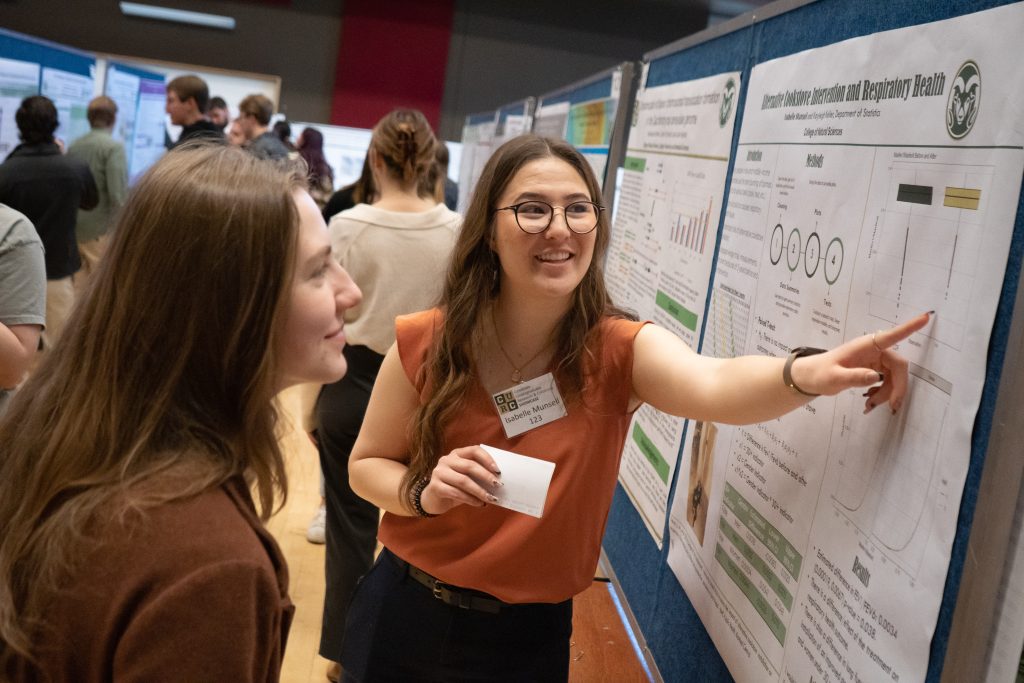
For students studying statistics, undergraduate research is a valuable, hands-on way to learn how to apply statistics to real research questions.
To expand access to undergraduate research experiences, the Department of Statistics launched a brand-new summer research program in 2022 that offered 10 structured projects to students in the department. The first iteration of the program culminated April 20, 2023, at Celebrate Undergraduate Research and Creativity, an annual Universitywide symposium honoring undergraduates’ work, where the participating statistics students presented their research findings.
There are usually many ways to approach a problem, and the choice of analysis method isn’t always obvious.
Ben Prytherch, senior instructor and adviser,
Department of Statistics
The projects included creating a simulation framework for the generation of neuron spike trains, a historical study on where popular textbook advice about the sample size of 30 came from, an analysis on the effect of management practices on animal welfare, and the development of an efficient detection algorithm for abnormal vehicle trajectories.
One of the biggest takeaways the faculty in statistics were hoping to impart on their students was the value in problem-solving and decision-making.
“We’re trying to teach them to learn how to be a person who can learn,” said Ben Prytherch, senior instructor and adviser in the department and co-founder of the summer research program. “In our discipline, there are usually many ways to approach a problem, and the choice of analysis method isn’t always obvious.”
McKenna Hogan, a Spring 2023 statistics graduate, said her biggest takeaway was discovering how many directions a statistical project can go.
“It is important to try to predict what analyses will give us the most information about what we care about,” she said. “This experience helped me prepare for life after school because it was my first time getting a dataset and not being told exactly what to do with it. … This was my first time choosing what to analyze myself and what things I thought were important to our research questions.”
My favorite part of this course was the once-in-a-lifetime opportunities we had to see some of the rarest animals in the world.
Aemilia Mosswood, Student,
Zoo, Aquarium, and Animal Shelter Management Program
Her other takeaway?
“Statistics is so cool!” she said. “Statistics is all about understanding the real-life things around us.”
After the success of the first statistics summer research programs, the department is excited to keep the opportunity rolling on an annual basis.
In Summer 2023, the department offered 13 projects, up from the original 10, and many of the participating students were data science majors due to additional funding from the college. Students were able to explore research topics ranging from the effect of the air quality index on dogs’ eyes to collaborating with the CSU softball team to analyze and interpret detailed pitching and hitting data.
Behavior and Biology of African Mammals
A brand-new course in the Department of Biology, Behavior and Biology of African Mammals, brought 16 students to Kenya this past summer to practice fieldwork and observational skills in an environment very unlike that of Northern Colorado.
The class spent time at Wildebeest Eco Camp in Nairobi, Kenya, visited multiple national parks, learned from researchers at an elephant sanctuary, stayed at Mpala Research Centre, and conducted field research on cheetahs with Action for Cheetahs.
“My favorite part of this course was the once-in-a-lifetime opportunities we had to see some of the rarest animals in the world,” said Aemilia Mosswood, a student in the Professional Science Master’s in Zoo, Aquarium, and Animal Shelter Management. “We were lucky enough to watch a pack of African wild dogs (Lycaon pictus) for hours one day and a mother cheetah (Acinonyx jubatus) with her four cubs on another.”
The students recorded daily field journal entries and ethograms while observing wild animals, learned about genetic and hormonal assays in the field from Kenyan scientists, watched scent detection research take place, and learned about soft-release strategies for orphaned elephants at Reteti Elephant Sanctuary.
“Our goal in biology is to get more students in the field and get more students hands-on experience,” said Jennie Willis, associate professor in biology and graduate coordinator for the Professional Science Master’s in Zoo, Aquarium, and Animal Shelter Management. “The amount of field research skills they gained was really impressive. I could see them leveraging these skills in their future jobs.”
Four new chemistry concentrations
Many students arrive at college with a clear mission in mind, such as working toward a more sustainable future or aiding in criminal prosecution, and four new concentrations in chemistry make these missions more achievable than ever before.
To provide an education tailored toward students’ interest – such as senior McKenzie Moore, whose interest in conservation led to her double majoring in conservation biology and chemistry – the Department of Chemistry announced the new concentrations in the fall of 2022 in the areas of forensic, health sciences, environmental, and sustainable chemistry.
“This new structure has worked out really well for being a double major,” Moore said, “especially since now both my majors are based on the environment. More of my classes can be used to fulfill the same graduation requirements in both majors. … I hope that for my future career the environmental chemistry concentration will give me a unique edge for jobs and, with the classes being designed with the environmental focus, I feel more confident about getting a job in the field I want!”
The implementation of the new concentrations was a team effort within the department, as faculty aimed to evolve their curriculum offerings with student success and retention in mind. “Our students want to ‘do’ things to make the world a better place,” said Department of Chemistry Chair Matthew Shores. “The four concentrations are aimed at preparing students for chemistry-related jobs right after their bachelor degrees.”
Our students want to do things to make the world a better place. The four concentrations are aimed at preparing students for chemistry related jobs right after their bachelor degrees.
Matthew Shores, Chair,
Department of Chemistry
